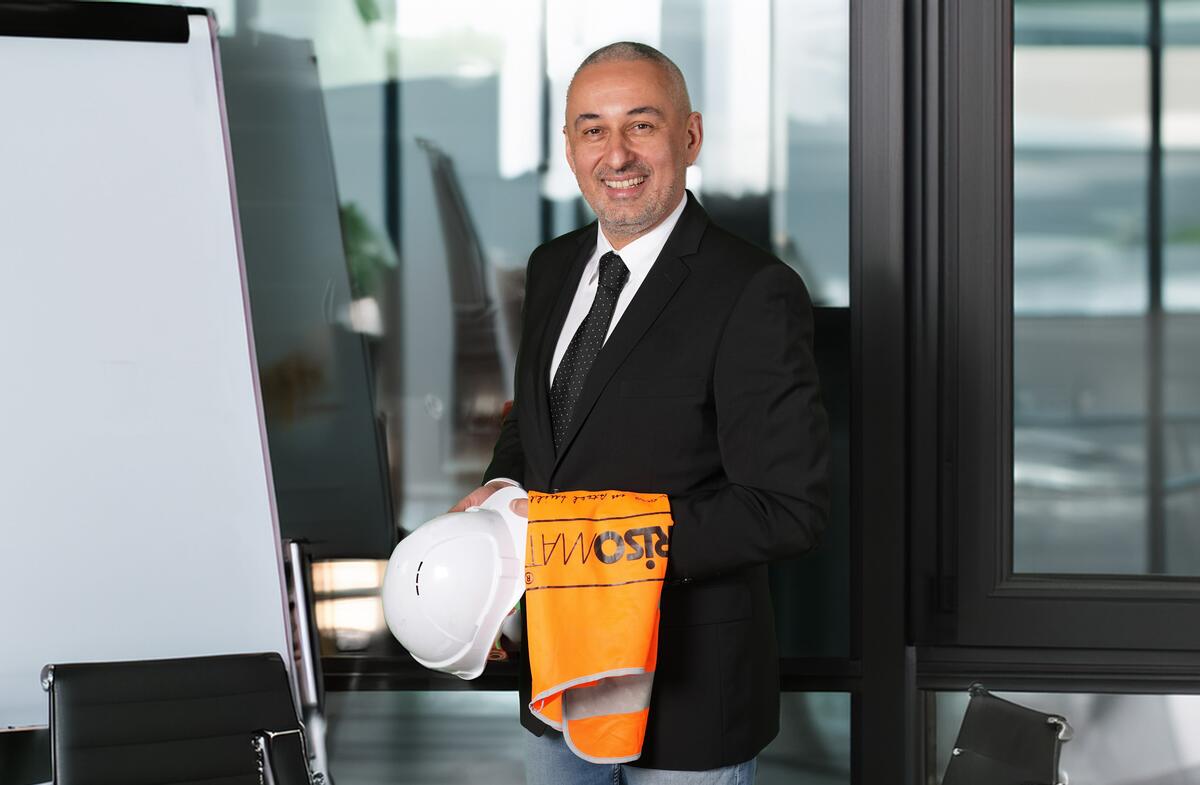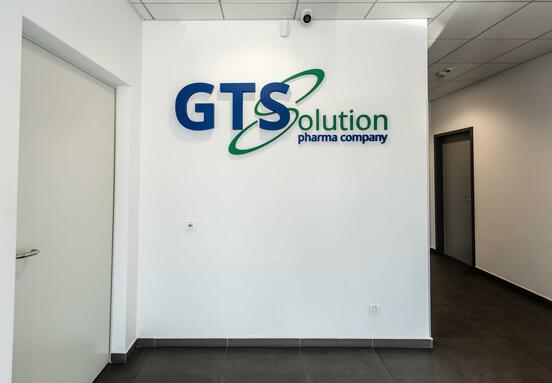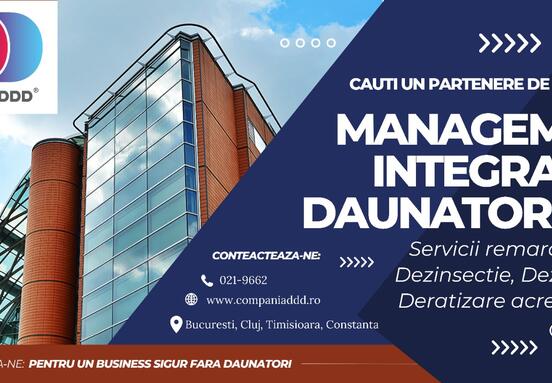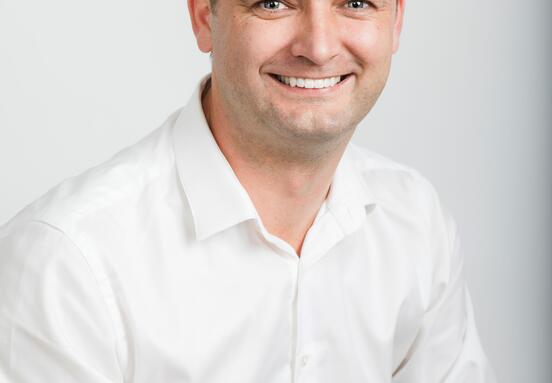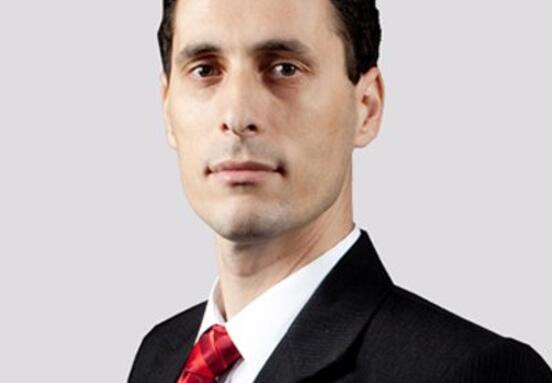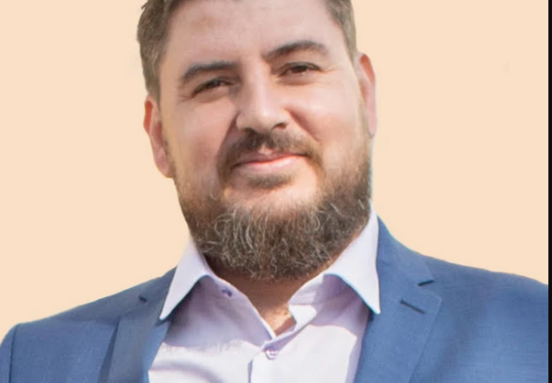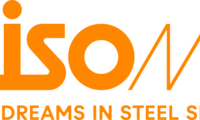What can you tell us about the beginnings of the FRISOMAT family business?
Frisomat SA is part of the international Frisomat group, founded in 1978 in Belgium. It’s a family business that has grown sustainably, with solid roots in engineering and innovation. In Romania, we started operations in 1996, and since then we’ve been building steel halls for a wide variety of sectors: logistics, production, agriculture, food industry, sports, events, and more recently, structures for photovoltaic panels.
The values that guide us – quality, reliability, consistency, and responsibility – have allowed us to become a trusted partner for over 1,100 projects completed in the country. Our motto, Building Dreams in Steel since 1978, is not just a marketing slogan, but a reality we live every day through each collaboration.
How did you achieve your current level of performance? What do you think were the key ingredients to success?
Success doesn’t come overnight. We’ve grown gradually but steadily because we understood that trust is earned over time. Full control over the entire process – design, production, transport, and assembly – allows us to offer a consistent level of quality, regardless of project complexity.
We’ve built over 1,200,000 sqm of steel halls in Romania, each tailored to the specific industry and the client’s objectives.
People are the key – we continuously invest in training, process improvement, and listening to feedback. Our partners know they can rely on Frisomat not just for a project, but for a long-term relationship.
“We don’t just build industrial buildings, we create dreams in steel” – What does this motto mean to your clients?
For us, a hall is not just a structure – it’s the beginning of a business, an extension of a vision, or the engine of community development.
Every project contributes to job creation, operational efficiency, and sustainability.
Moreover, we build with a deep commitment to responsibility. We are true partners with our clients, and their success is our success. That’s why the technical and ethical standards we uphold are integral to the DNA of Frisomat.
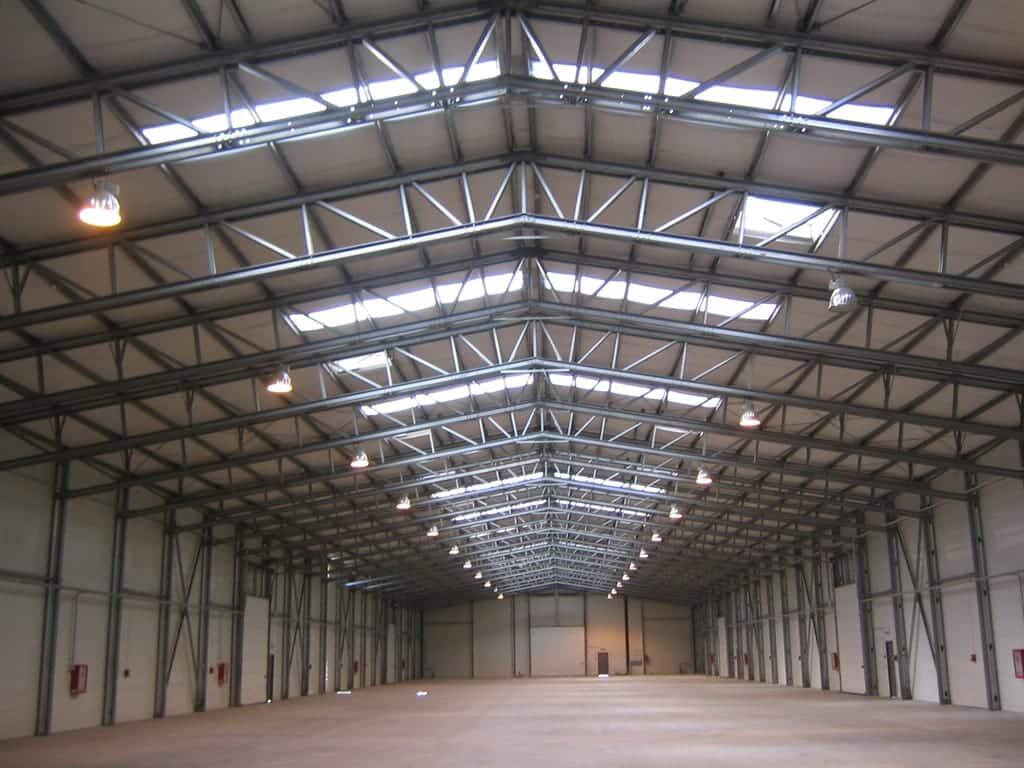
How would you describe your company in relevant numbers?
-
Over 1,100 steel halls built in Romania.
-
Over 1,200,000 sqm of total surface built.
-
Between 40 and 60 new projects delivered annually.
We serve a wide range of sectors: logistics, production, agriculture, sports, and more recently, structures for solar panels.
Our annual turnover is around €6.5 million.
Our goal is sustainable growth, built on reliability, responsibility, and trustworthy relationships with every partner.
What are your core services and competitive advantages on the market? What can you tell us about Frisomat’s unique construction system?
Our business model is based on full control of the production and execution chain. We rely on four main pillars:
1. In-house design teams (including foundation design);
2. Manufacturing in our central factory in Belgium – ensuring uniform quality in any country;
3. Optimized logistics – direct delivery to the construction site;
4. Assembly by Frisomat teams – trained, efficient, and responsible.
Another key competitive advantage is our international experience: over 38,000 projects in more than 100 countries. We constantly learn from the experience of each branch and transfer this knowledge locally – directly benefiting our clients.
Who are your typical clients? What about those from the industrial-logistics sector?
Our clients are entrepreneurs who want predictability, quality, and efficiency – without headaches. They want to work with a partner who delivers on their promises.
In the industrial-logistics space, clients usually look for durable, optimized halls with expansion potential. We’re seeing growing interest in large spaces, between 4,000 and 6,000 sqm, due to infrastructure development and the relocation of some production activities.
Additionally, European and national funding is driving the demand for efficient, optimized production spaces.
What can you tell us about the FRISOMAT team of specialists?
At Frisomat, we don’t just talk about solid structures, but also about valuable people.
We have a multidisciplinary team made up of sales representatives, engineers, designers, and assembly professionals. Everyone is encouraged to learn, improve, and actively contribute to process development.
We offer stability as well as challenges, autonomy and support. We rely on each other, and that reflects in the way we serve our clients – because a strong team delivers equally strong results.
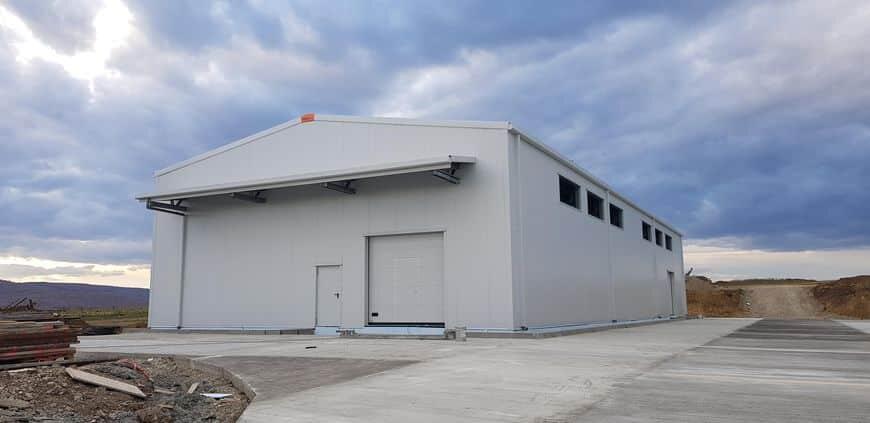
FRISOMAT is present in over 100 countries. What can you tell us about your international operations?
Frisomat International is directly present with subsidiaries in Belgium (HQ), the Netherlands, France, Portugal, Spain, Romania, Poland, Hungary, Bulgaria, and Brazil, and is active in emerging markets in Africa.
This international network enables us to learn quickly, test innovative solutions, and transfer know-how between teams.
The Romanian branch is one of the oldest and most solid. Our assembly teams have participated in projects in other countries – which confirms their professionalism and the high level of expertise we’ve accumulated.
What is your opinion on the Romanian construction market?
It’s a dynamic market, full of challenges but also significant opportunities.
We see the demand maturing: clients are better informed, more demanding, and more careful in choosing partners. Sectors like food and logistics are continuously developing. We're also seeing a growing interest in energy efficiency and sustainability – which we welcome.
How important is sustainability in steel construction? How is it applied at FRISOMAT?
Sustainability is essential – not only for the environment, but also for the economic efficiency of the client.
Our factory in Belgium produces nearly 100% of its energy through solar panels.
We design optimized halls – using fewer materials, enabling fast and efficient delivery, short assembly times, and a high waste recycling rate.
Everything is designed for durability, economy, and responsibility – a win-win approach for both the client and the environment.
What are the current trends in construction management? Are they applicable in Romania as well?
Digitalization is already a standard, not a “luxury.” We use specialized software for 3D design, structural simulations, and logistics planning.
There’s growing investment in process optimization – and AI is starting to play a role in bidding, project management, and even predictive maintenance.
Romania is catching up fast. Clients are becoming more open to innovation and solutions that offer more than just a building: efficiency, adaptability, and sustainability.
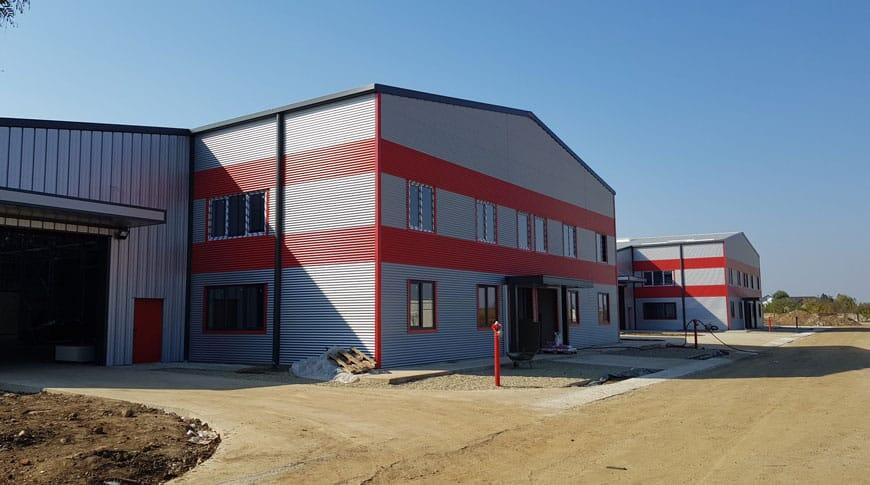
What is Frisomat’s philosophy regarding long-term client collaboration? Do you have examples of long-standing partnerships that turned into strategic relationships?
For us, every client is a partner. We don’t see projects as mere technical executions, but as the start of a relationship based on trust and mutual respect. That’s why one of our greatest satisfactions is when clients come back to build a second, third, or even fourth hall with us. Or even better, when they recommend us to their business partners.
We have concrete examples of companies in manufacturing, agriculture, or logistics that started with a single project and today are working with us to expand their operations in different regions of the country. In an economic context where predictability is increasingly rare, we offer our partners just that: stability, fairness, and the ability to deliver consistently.
Why should an entrepreneur consider building their own storage space instead of renting?
In times when more and more entrepreneurs are looking for stable, efficient, and profitable solutions, building your own storage space becomes a strategic decision, not just an operational one.
Unlike renting, where you’re always subject to a volatile market and sometimes restrictive contracts, a built hall gives you full control: over costs, timelines, expansion, and most importantly, the future of your business.
Investing in a steel hall pays off relatively quickly – especially with rising rental prices. What you pay in rent today can become an investment rate in your own asset tomorrow. Plus, a well-built hall isn’t just an expense – it’s a tangible asset that adds value to your company and gives you the flexibility to adapt or expand without external constraints.
For many of our clients, the decision to build was initially met with hesitation, but soon proved to be the best choice – both financially and operationally.
How can Frisomat support entrepreneurs or developers who want to build rental-ready warehouses?
Frisomat is the ideal partner for entrepreneurs looking to build halls not just for their own use, but as income-generating investments through leasing.
Why? Because we understand how important it is for developers to build quickly, predictably, and with a well-optimized budget – and all of these are built into our construction model.
We design modular steel warehouses, with possibilities for partitioning, expansion, and future adaptation depending on tenants’ needs. On-time delivery and guaranteed quality build trust, while low maintenance costs increase the appeal of these spaces to potential tenants.
Additionally, Frisomat halls can be configured from the design phase to accommodate photovoltaic panels – a major competitive advantage in a market that increasingly values energy efficiency.
By partnering with us, developers gain a solid, sustainable asset that’s easy to capitalize on long term – with a partner who knows how to turn an idea into a functional, profitable project.
What are your plans for the future of the business in Romania?
We look to the future with confidence. We plan to expand our team, especially in design, sales, and assembly areas.
We are currently developing a broader range of metal structures for solar panels – a rapidly growing segment.
Our goal is to remain a strategic partner for companies looking to invest responsibly in optimized, sustainable, and durable halls.
Romania has enormous potential – and Frisomat wants to be part of its industrial future.
